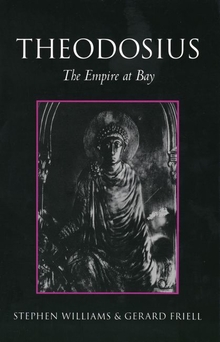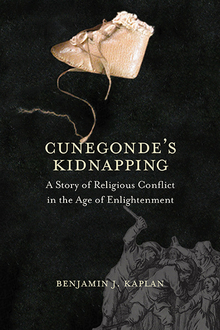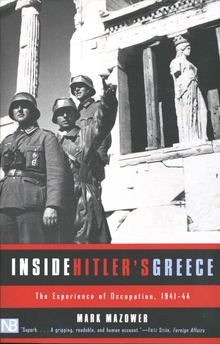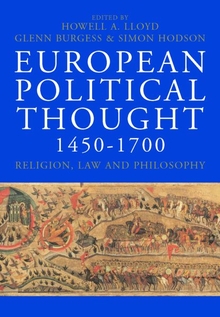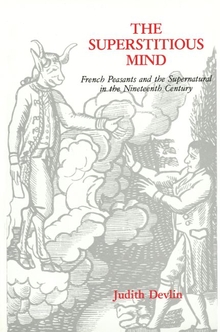Theodosius
WARNING
You are viewing an older version of the Yalebooks website. Please visit out new website with more updated information and a better user experience: https://www.yalebooks.com
The Empire at Bay
Stephen Williams and Gerard Friell
Drawing on literary, archaeological, and numismatic evidence, the authors describe how Theodosius was summoned to the throne after the disastrous Roman defeat by the Goths at Adrianople and was called upon to rebuild the armies and put the shattered state back together. They show how Theodosius instituted a new policy toward the barbarians, in which diplomacy played a larger role than military might at a time of increasing frontier dangers and acute manpower shortages, and how a series of political misfortunes led to the separation of the Eastern and Western empires despite his efforts. They also discuss Theodosius's importance in the Christian Church. Baptized in 380, Theodosius established the Apostolic Catholic Church as the only State religion; unlike Constantine and the other Christian emperors, he suppressed both heresy and paganism and enforced orthodoxy by law.
By fully exploring these various facets of Theodosius's life and reign, Williams and Friell present a new and absorbing picture of this important emperor.
"One cannot help grappling with historical issues while reading this book. Nonspecialists will find much here to reward their efforts."—Thomas S. Burns, American Historical Review
"A model of clarity and organization. Within a basically narrative structure it tells the story of the Roman Empire from Adrianople (378 ce) to the Vandal conquest of North Africa (430 ce), with particular emphasis on military and religious policies. . . . A rare work, in that it is valuable to students and scholars at all levels."—Choice
"A coherent narrative of the crisis-ridden years of the late fourth century, as well as a useful general discussion of the society, institutions, and structures of the late empire."—R. Bruce Hitchner, History
"Theodosius I was a towering figure in the history of the late Roman Empire and the early church. . . . Williams and Friell offer a fascinating portrait."—Dallas Morning News
"A book with many useful things to say about a pivotal period in Roman relations with Germanic peoples."—H. A. Drake, Catholic Historical Review
Publication Date: April 20, 1998
23 b/w illus.

